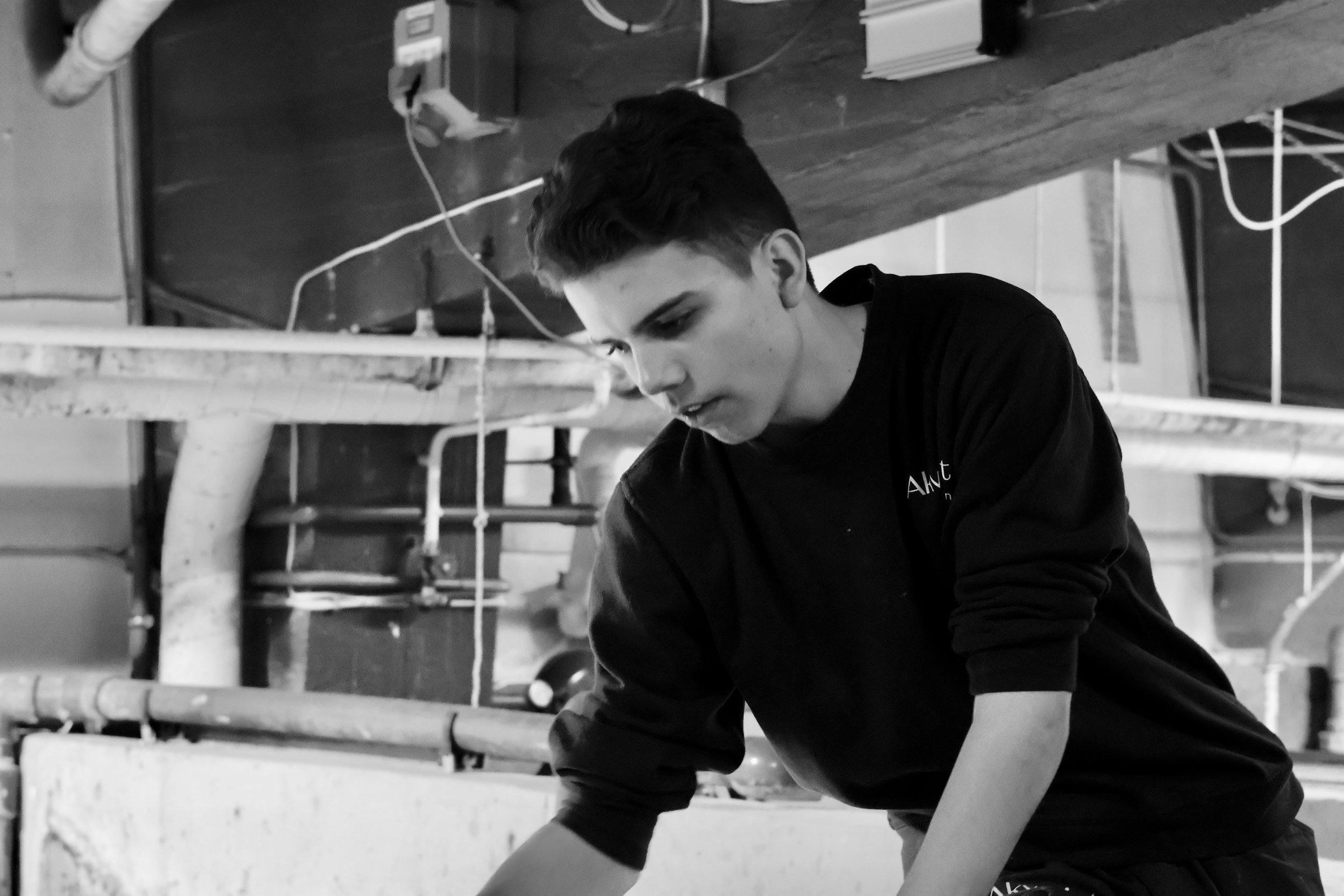The Peaceful Power of Dialogue
In 2021, the Nobel Peace Center launched a multiyear, crosscutting focus on the power of Dialogue. Nobel Peace laureates have used dialogue in a plethora of ways in their work for peace. Springing out of this project, The Nobel Peace Center designed and implemented one of their most popular school modules yet at the Center which engages students in laureates' dialogue methods.
The Unmistakable Importance of Dialogue
The rise of non-democratic powers, structurally entrenched inequalities, intensifying environmental crises, and much more threaten our ability to secure peace. These challenges can only be resolved through global cooperation. Yet, national interests hamper international institutions and technology siloes individuals into echo chambers preventing common understanding. In order to solve our joint problems, people and institutions need to engage in constructive dialogues.
The Nobel Peace Price Laureates Dialogue Principles
The Nobel Peace Center worked with a qualified conflict mediator to research and prepare a theoretical basis for their Dialogue project. The research resulted in a book about eight principles for good dialog as exemplified by Nobel Peace laureates. It contextualizes laureate’s dialogue principles within their histories and offers recommendations for how to use these tools in one’s own life.
Principle 1: Dialogue should be a basic attitude (case study: The 14th Dalai Lama)
Principle 2: Create safe spaces (case study: Betty Williams and Mairead Corrigan)
Principle 3: Include all relevant parties (case study: The Tunisian National Dialogue Quartet)
Principle 4: In a dialogue, you must listen (case study: Martin Luther King Jr.)
Principle 5: Let everyone share their experiences (case study: Juan Manuel Santos)
Principle 6: Ask questions (case study: Shirin Ebadi)
Principle 7: Talk about the difficult topics (case study: Nadia Murad)
Principle 8: Contribute to forgiveness and reconciliation (case study: Desmond Mpilo Tutu)
“Tårnby” - a New Safe Space to Train Conversation Techniques
Based on our dialogue book and in conversation with a conflict management expert, The Nobel Peace Center created an educational module called Tårnby. The module immerses students in a conflict resolution roleplay and then workshops dialogue skills based on their experience.
The Nobel Peace Center integrated findings from qualitative interviews conducted with middle school pupils and teachers, and found that students are less likely to participate in classroom conversations, because they fear saying something wrong.
Therefore, they built the Tårnby universe based on Principle 2: create a safe space. Tårnby is a safe, fictional place where as many people as possible dare to participate because everything is made up and it is not possible to say anything wrong. In this way, we activate as many students as possible and let them test out different conversation techniques. Dialogue requires training.
Objective: to learn tools for good dialogue
Target group: upper secondary school
Geographic distribution: Oslo
During the module, students learn what stops and what encourages a conversation; what it takes to resolve a conflict; and how we can face disagreement without entering a conflict. The facilitator gives students in different teams incomplete information about a conflict scenario. They must, therefore, engage in dialogues with the other teams to understand the entire scenario and gain other perspectives, before they can resolve the conflict together. Facilitators hand out playing cards with different dialogue techniques and principles that participants can test out. After the role play, The Nobel Peace Center support the learning objectives with a workshop that reflects on dialogue theory. They also offer follow-up exercises and digital resources for teachers and students.
Between October 2021 and October 2022, a total of 74 school groups (each including approximately 23 students) participated in Tårnby. The figures give an indication that there is a great demand and an interest in the topic. To ensure these skills and lessons reach more students, The Nobel Peace Center are launching a digital version of the module on our website for free which all teachers and school children in Norway can use. In addition, they plan to develop a digital dialogue educational resource out of their experience with Tårnby in 2023.
By “teaching dialogue” through the laureates, The Nobel Peace Center challenge students to develop their judgement, tolerance, and skills and empower them to tackle our common challenges through constructive dialogue.
STORIES FROM OUR PRIORITY AREAS
All · Children & youth · Music & culture · Health & research · Climate action · Social impact investment






